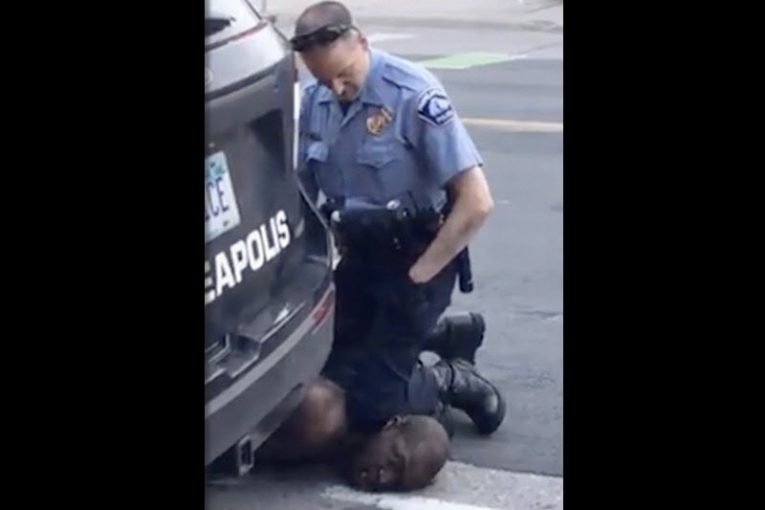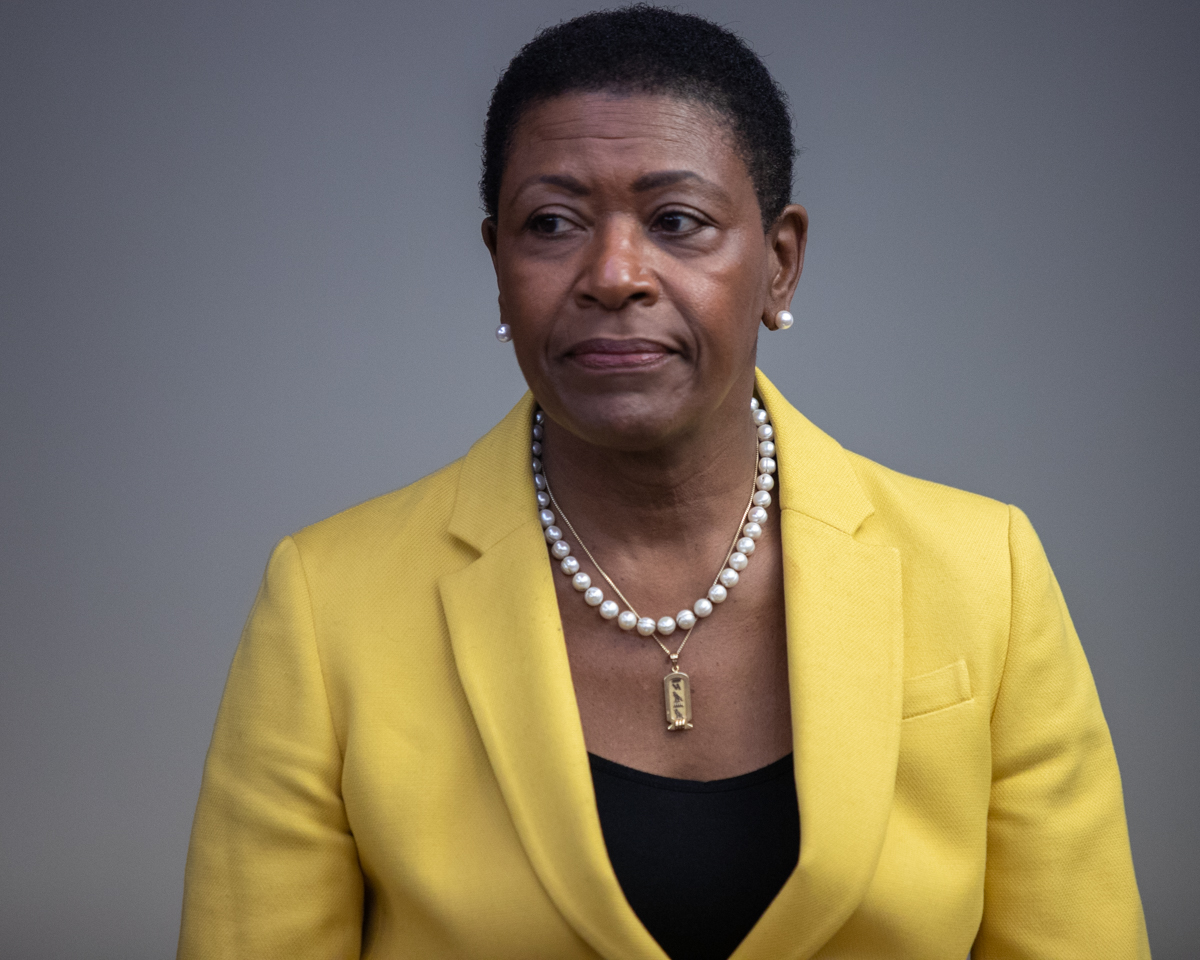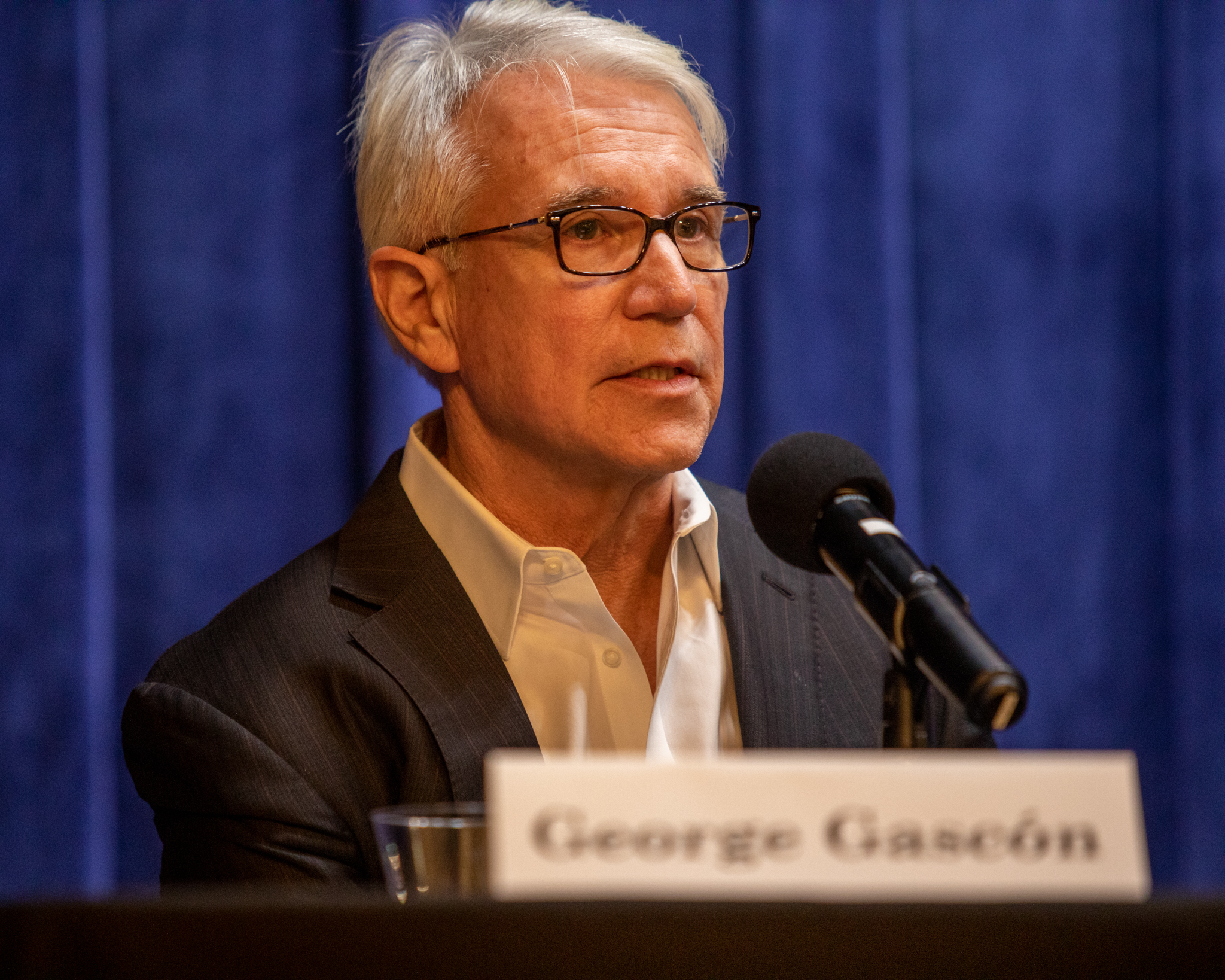

By Linh Nguyen
BAY AREA – Amid the national protests to end police brutality and institutionalized racism in light of the death of George Floyd, four Bay Area district attorneys have asked the State Bar of California to instate a new ethics rule to resolve a conflict of interest between the district attorney’s offices and local law enforcement agencies.
Following the death of George Floyd, Derek Chauvin, former officer with the Minneapolis Police Department, was arrested and charged with third degree murder. This act of police brutality sparked national outrage and protests calling for an end to police brutality (particularly racially-motivated acts) and institutionalized racism.
Protesters across the nation joined in solidarity to fight for and support the black community. Meanwhile, police forces were deployed where the protests occurred. Viral video footage displays some officers behaving violently and brutally against peaceful protests.

After those videos surfaced, the public began demanding respective local police departments to remove or arrest the officers depicted. Because district attorney’s offices often work closely with police departments to prosecute individuals, it may be a conflict of interest for district attorneys to prosecute the officers they once cooperated with on other cases.
For that reason, four Bay Area current and former district attorneys propose that the State Bar of California prohibit elected prosecutors or those seeking election from accepting monetary or political endorsements from law enforcement agencies.
San Joaquin County District Attorney Tori Verber Salazar, Contra Costa County District Attorney Diana Becton, San Francisco County District Attorney Chesa Boudin and former San Francisco County District Attorney George Gascón held a press conference Monday to discuss this new ethics rule.
“District Attorneys will undoubtedly review use of force incidents involving police officers,” said Boudin in the press release. “When they do, the financial and political support of these unions should not be allowed to influence that decision making.”
The district attorneys’ reasoning is that this new ethics rule will reduce the conflict of interest between prosecutors and police unions and will ensure independence for the prosecutor’s office, which will “help restore the independence, integrity, and trust of elected prosecutors.”

“We have a tremendous amount of work ahead of us to restore trust in our profession, but trust must be earned, it cannot be demanded,” said Tori Verber Salazar in the press release. “The first step to earning the trust back is ensuring the independence of county prosecutors is beyond reproach.”
“When videos emerge like the one depicting the killing of George Floyd or Ahmaud Arbery, the damage it does to the entire criminal justice system cannot be overstated,” said George Gascon.
“That damage, however, is further compounded by delays in the condemnation, arrest, and charging of the involved law enforcement officers. These feelings, these protests, and the pain we’re seeing, would not be as raw and widespread if we had seen police held accountable by local prosecutors quickly and with regularity. An important step in curing this pain is curing the conflict of interest that gives, at minimum, the appearance that police do not face consequences swiftly — or at all — due to the proximity and political influence of their union,” he said.

Gascón admitted to have taken contributions from the San Francisco Sheriff’s Association in his 2011 campaign. Gascón did not take contributions from law enforcement agencies or police unions during his 2014 reelection campaign because he felt it was “inappropriate.” Gascón said he will not take contributions from those groups in his current campaign for district attorney of Los Angeles County.
“The legal representation of an accused officer is generally financed by their law enforcement union,” said Becton. “It is illogical that the rules prohibit prosecutors from soliciting and benefiting from financial and political support from an accused officer’s advocate in court, while enabling the prosecutor to benefit financially and politically from the accused’s advocate in public.”
These Bay Area district attorneys hope that the State Bar of California’s actions to create this rule will entice other State Bars to follow suit.
In a letter these district attorneys penned to the chairs of the State Bar, they referred to the rule that prohibits lawyers from representing a client when “the lawyer has a legal, business, financial, professional, or personal relationship with or responsibility to a party or witness in the same manner.”
For this reason, this should also apply to prosecutors, they said.
“Whether the State Bar takes action in the form of a rule of professional conduct or an ethics opinion—the goal is the same: to protect the integrity of the prosecutorial function, the fair administration of justice, and restore public trust in law enforcement,” the district attorneys said in the conclusion of their letter. “Given the urgent national situation, we request an expedited review of this request.”
To sign up for our new newsletter – Everyday Injustice – https://tinyurl.com/yyultcf9
